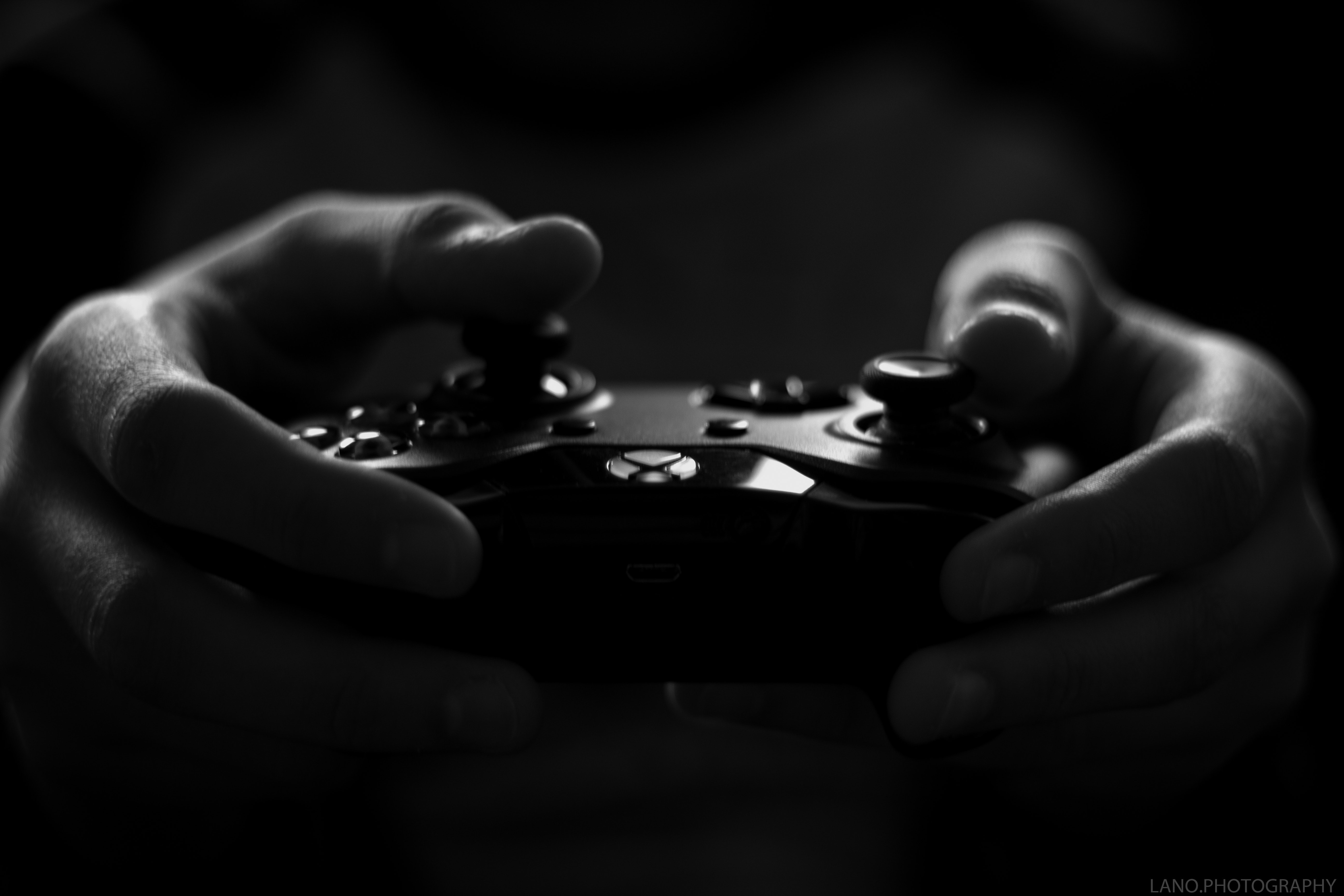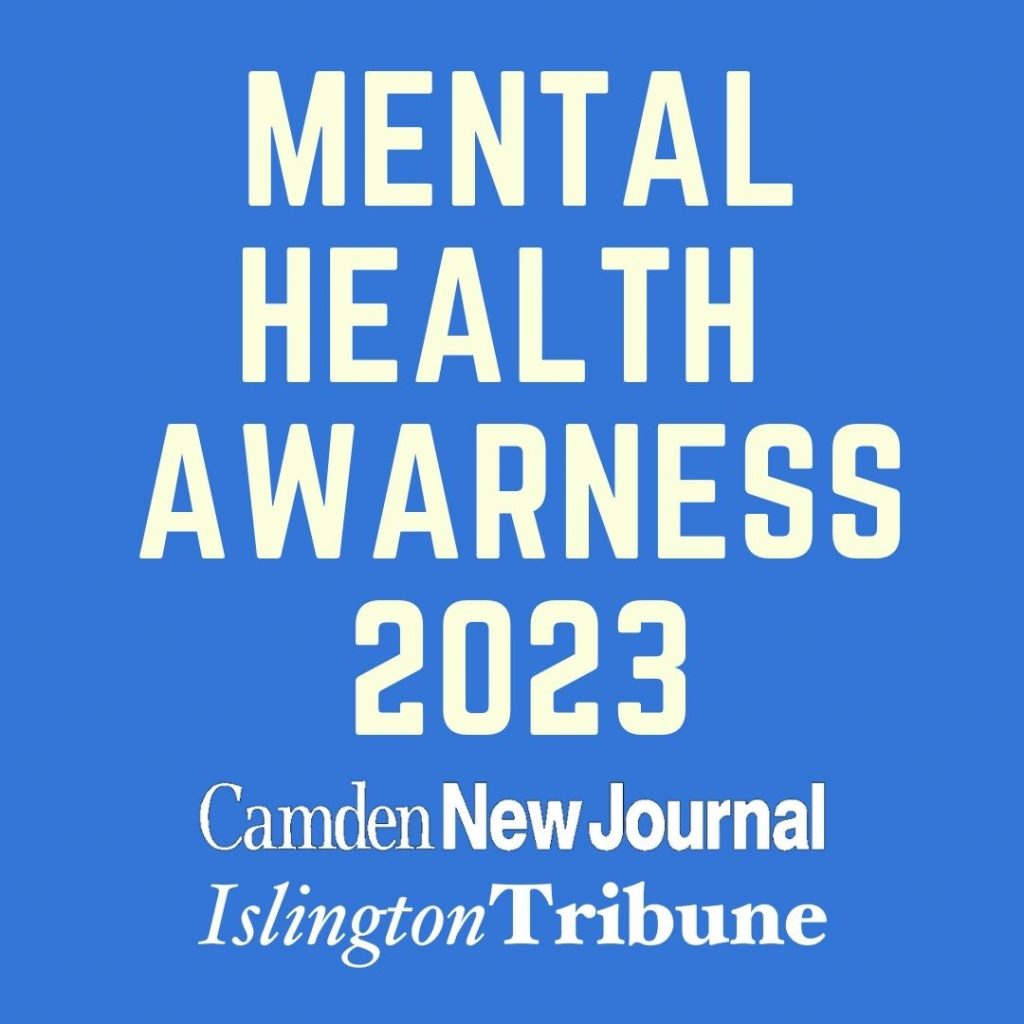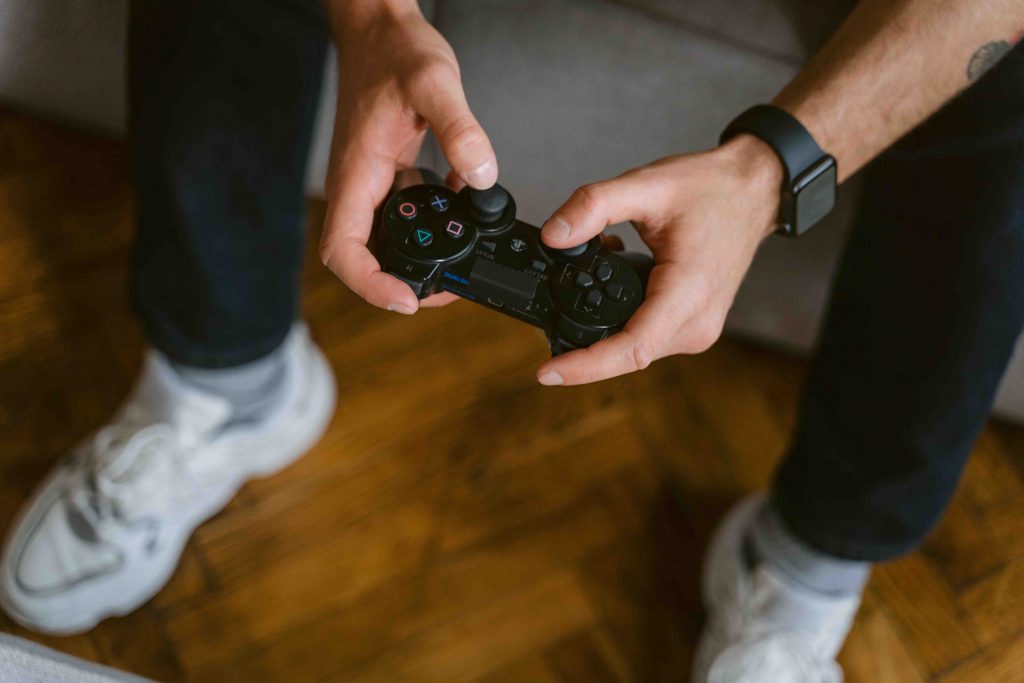I've called you down for dinner five times! When gaming becomes an addiction
Mental Health Awareness 2023: Help is available at the National Centre for Gaming Disorders
Friday, 19th May 2023 — By Tom Foot

14 hours a day of screentime can signal a disorder

EVERY parent of a teenager will have lost sleep worrying about whether their child is spending too much time holed-up in a dark bedroom playing online computer games for hours on end.
Who are they talking to? Why can’t they just get out in the sunshine like a “normal” kid? Why are they behaving like drug or gambling addicts? What are they turning into? Is it my fault? What can I do?
Experts say that while gaming is a normal part of life for the majority there is a threshold that, if crossed, has the potential to tear families apart. Help is out there: at the National Centre for Gaming Disorders, run by the Central and North West London (CNWL) NHS Foundation Trust.
The service’s manager Becky Harris said: “The big thing for me – and I am also a parent of teenagers – is that it’s about being able to distinguish between when a child is just spending a lot of time gaming online, and when it has become problematic.
“Are they prioritising gaming over everything else? Can a child not go to school anymore because of it? Has it severely disrupted their family relationships?
“A lot of the time kids get so desperate to play that they find ways around any measures parents take to stop them. This can lead to so much tension in the family.
“If parents focus all the time on this tension, then it kind of gets put front-and-centre of everything you are doing as a family. The less focus you put on it – not repeating the same row over and again – well you can see that it has a really positive effect.”
There has been a rush this month to buy Nintendo’s big new release The Legend Of Zelda: Tears Of The Kingdom
Ms Harris said she didn’t like to make the distinction between “real” or “normal life” and the online gaming world.
She said: “In many ways the online world people are gaming in, it is a real world. It’s just that people can adopt a different identity, perhaps one they feel they like more. Some people may have struggled interacting in ‘normal life’ or had some problems, socially. They can dress differently, they can do things differently. They find a community online that is more receptive to them, more welcoming.”
The clinic was set up in 2019 after the World Health Organisation (WHO) defined gaming disorders for the first time. The WHO says that for a gaming disorder to be diagnosed, behaviour must be severe enough to cause a “significant impairment to functioning in personal, family, social, educational, occupational or other important areas” – and has been going on for at least a year.
In terms of screen time, 14 hours a day is the rough marker for a disorder, according to the WHO.
The clinic typically sees teenagers aged 13 and upwards, but Ms Harris said they had also seen self-referrals from people in their 60s. It also works just with parents, who are affected by their children having gaming disorders.

Just like with addictive online gambling, online games are designed to activate dopamine releases in the brain. It is why the brain begins to crave the anticipation of a reward.
For example, one of the most popular games in the world, FIFA, has been criticised as a gateway to gambling for young children because of the prominence of so-called “loot boxes”.
These paid-for packs purchased online can contain top level players to bolster a team and give you an edge over other players online. The loot box opens after building-up a huge level of excitement, like the spin of a roulette wheel before the ball falls. The more you buy, the better chance you have of success.
Ms Harris said: “For the gamer, it’s trying to help make the cravings go away and looking at the positive things they could be doing instead. It can be about building self esteem and reducing social anxiety. It can be about coping and communication skills. We look at building values and goals for the future.”
She added: “But it is important to recognise that gaming can be positive, it can be a part of someone’s life without any problems. We recognise that screens are a part of everyone’s lives. But it’s about showing people who have a problem that there are a lot of other aspects of life that can be just as positive.”
The clinic is run by CNWL that is based in Euston Road. You can find out more or make a self referral at www.cnwl.nhs.uk/national-centre-gaming-disorders

